The Objectification of Young Girls
The Objectification of Our Young Girls Through Sexual Violence
in the Caribbean Could be Detrimental to its Progression
Some unthinkable behaviours fall through the cracks due to the small community approach to governing a people. Many crimes are overlooked due to this mentality of handling matters that often occur without law enforcement involvement or incur lax legal punishment with no interjection. One of the most heinous crimes that constantly gets dismissed in the Caribbean and has gone on for generations is the exploitation of young girls by adult men. There are men getting hush money for the molestation of their daughters, young girls forced into sex trafficking and children conceived by rape who are then abused or tossed away out of anger and neglect by their young mothers. In my family both of my grandfathers as adults had children with teenage girls. Based on my own personal experience I know that immaturity, resentment and lack of psychological intervention has left a tremendous impact on the children and then later impact the grandchildren.
There is an increase of pregnancies between the ages of 10 and 14. Usually cases of pregnancies in this age range is due to sexual violence and manipulation by adult men. In this age group many of the perpetrators are relatives, family friends or neighbours. For many Caribbean islands the age of consent is sixteen, but there is an increasing number of inappropriate relationships with little justice and protection for the young girls.
The United Nations Children’s Fund (UNICEF), United Nations Population Fund (UNPFA) and the Pan American Health Organization (PAHO) are currently working together to strengthen West Indian laws that will protect children from sexual violence including prohibiting child marriages. According to the Pan American Health Organization the Caribbean has the second highest rate of teen pregnancies with Sub Saharan Africa coming in at number one. The data suggests that there are 66 births per 1000 girls ages 15 to 19 in the Caribbean Community -the two highest ranked countries for teen pregnancies being the Dominican Republic and Guyana. Besides very little legal protection for preventing statutory rape and child molestation, there is also a lack in sexual education, access to resources such as contraception and little gender equality efforts to empower young girls to have ownership of their own bodies. One setback is through the law that marginalizes young girls and which simultaneously fails to provide a safe avenue for justice and hinders access to abortions.
Caribbean nations don’t need the robust law systems many large developed nations possess, but there is a need for legal diligence in order to keep children protected from sexual conquest. Many of the child protection laws in the West Indies were not implemented until 2000 and later. The Bahamas passed their Child Protection Act in 2007, the Grenada Child Care and Protection Act was passed in 2010, and the Guyana Protection of Children Act was passed in 2009.This is not to say many countries such as the United States don’t have their share of child violations, but there is an effort to make sure specific regulations are in place to enforce fairness towards specific injustices.
In recent years, steps have been taken to reform social justice for child sexual violence, but it is something that must be enforced. Teen pregnancies stunts the growth of a nation economically, as well as hinders it politically on the global stage. Although the impact may not be as noticeable as in larger nations, for islands there is still a negative sociological fall out. Teen parents are more likely than older parents to raise children with behaviour and health issues in poorer environments. This is due to the teen parents deficient education, inability to earn higher incomes and lack of psychological maturity and stability. Collectively there are generations of people who are coping with issues in a harmful way, with inefficient skills and an inability to contribute significantly to their society. As a result many islands lack the ability to progress with the local workforce they have and rely heavily on one industry such as tourism to sustain the country. Imagine if we truly invested in the future of the West Indian community by protecting, educating and empowering the future.
References:
The Bahamas The Child Protection Act (2007)
Caribbean, Latin America Have Second Highest Teen Pregnancy Rates
Grenada Child (Protection and Adoption) Act (2010)
Guyana Protection of Children Act (2009)
Negative Impacts Of Teen Childbearing Office of Adolescent Health


